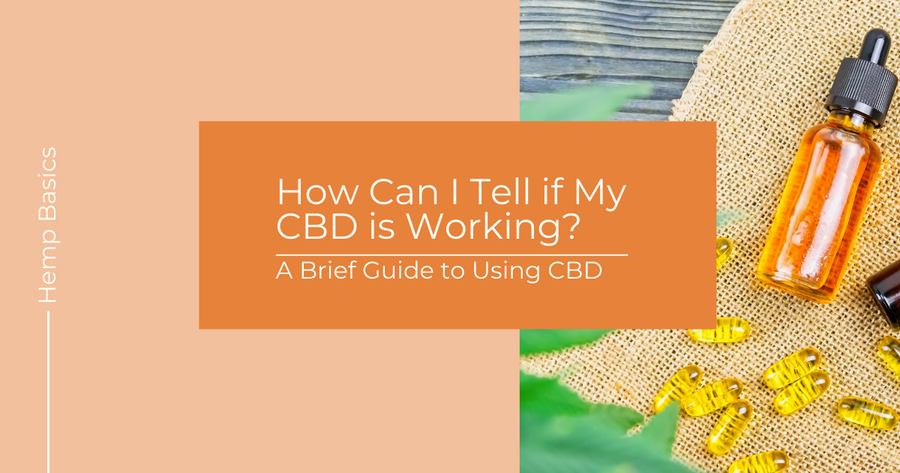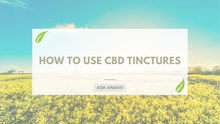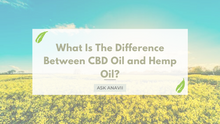CBD Industry Experts Debate Safety, Regs at FDA Hearing
Over 500 people in attendance, a packed house with 150 speakers ranging from scientists and lawyers to manufacturers, pharmaceutical interests and non-profit organizations. Ten FDA authorities patiently listened and asked similar questions to those who spoke so they could gain a better understanding of the industry.

Of the 150 selected speakers, thirteen HIA members represented their companies and the industry at large. To kick off the meeting, Virginia Industrial Hemp Coalition Founder and Anavii Market Co-Founder Jason Amatucci (watch Jason testify), alongside
representatives from the Hemp Feed Coalition and US Hemp Roundtable, discussed the economic impact of hemp within agricultural, animal feed and consumer product markets. Cameron Cane of Deutsche Process educated the FDA on the extraction process. Rod Kight of Kight Law explained that hemp inherently contains CBD and regulating products as though they have not been marketed prior to DSHEA's 1994 regulations is incorrect. The FDA contends that the Drug Exclusionary Rule prohibits CBD from being used as a food ingredient or marketed as a dietary supplement.
Kight explained his disagreement with this position, in particular with respect to hemp extracts that contain CBD. "Hemp extracts have been marketed and consumed for over a century in the United States and by definition have contained CBD, since it is a constituent component of the cannabis plant. Additionally, they are not the same moiety as the substance that was the subject of the Epidiolex clinical trials. Epidiolex is a purified form of CBD, whereas hemp extract contains dozens, if not hundreds, of naturally occurring phytocompounds including CBD," stated Rod Kight.
FDA Questions CBD Industry Data
Major questions from the FDA during the public hearing focused on data related to dosaging or serving sizes, side effects, evidence of long-term effects of using CBD and cannabinoids, the use of CBD among children, and recommended age restrictions. The FDA appeared to have confusion regarding industry definitions, like what "hemp extract" means and what the difference is between "full spectrum" and "broad spectrum."
Across the 150 selected speakers, the general verbal consensus for a regulatory path centered around consumer safety and confidence in products including: minimum labeling requirements, required laboratory testing, manufacturing in GMP facilities and regulation of medical claims.
Several speakers spoke of the negative effects of CBD oil on liver function and dangers of individuals with liver disease who take CBD oil.
Most of the speakers were in agreement that more thorough investigations are needed to determine potential drug interactions. In general, speakers requested the FDA use enforcement discretion to regulate against the bad actors while opening a pathway for hemp extracts containing CBD as a dietary supplement.
CBD Companies Defend Supplement Space, Pharmaceutical Arms Agree
Douglas MacKay of CV Sciences firmly stated, "Hemp extract containing a full array of cannabinoids, and other plant constituents is a significantly different article than a highly purified CBD - each has a unique identity and unique biological activity. CV Sciences suggests FDA guidance that differentiates a hemp extract from a prescription CBD would allow companies to confidently file the requisite NDI notifications."
Alice Mead of GW Pharmaceuticals and their FDA-approved drug Epidiolex spoke on the company's desire to support the consideration of a comprehensive federal framework that includes two pathways including FDA approved prescription drugs as medicines for patients as well as supplements and conventional foods for consumer products. GW Pharmaceuticals believes the comprehensive regulatory framework must:
- "Encourage development of FDA-approved cannabis-derived medicine for serious and life-threatening diseases
- Ensure that consumer CBD products are safe for use in a mass market setting without physician oversight, and
- Establish clear differentiation between FDA-approved medicines and consumer-focused foods and supplements"
GW Pharmaceuticals was one of approximately ten to fifteen pharmaceutical companies or interest groups in attendance. The FDA asked several of these companies if the current CBD market is affecting the ability for pharmaceutical companies to expand research and drug applications.
The general consensus among pharmaceutical companies was "no." In fact, one company stated hemp-derived CBD has not blocked their ability for research and market applications, but rather DEA enforcement did much more harm.
FDA has a Pathway for CBD as Supplement
Garrett Graff of Hoban Law concluded the day with an important comment explaining that "we do not need to reinvent the wheel." He suggested that pathways already exist for testing contaminants and regulating herbal products. He also struck home by explaining that while the topic of the hearing today was CBD, the hemp plant contains 100+ other cannabinoids and the FDA needs to consider this as the pathway develops so that we don't have to re-do this process 100 more times.














